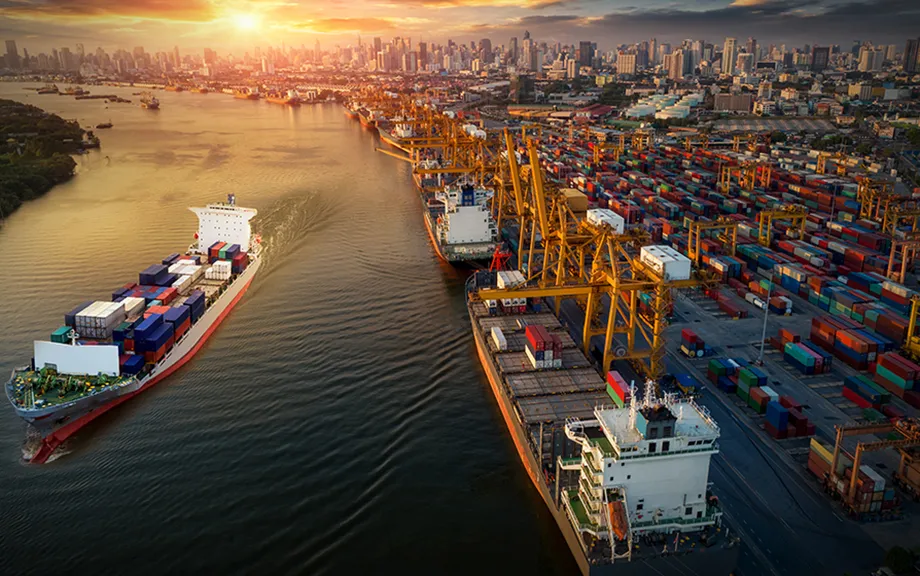As business processes continue to accelerate globally, effective and strategic management of supplier performances is becoming important. In the middle of this is supply chain procurement and how it impacts business performance globally.
What Supply Chain Procurement Is
Procurement refers to the process in which businesses acquire and source services and goods they require to run. According to experts at Global Consulting, it encompasses everything from ensuring timely delivery to negotiating prices, sourcing suppliers, and identifying business needs.
However, it doesn’t just involve buying stuff. It also encompasses ensuring you get value for your money, aligning business objectives with purchases, and establishing a strong supplier relationship.
Before, supply chain management was rigid, with every link being touched consecutively to get products from raw materials to consumers. But today, supply chain management results from changing preferences, digital transformations, and market evolutions. The following are the key examples:
- Evolving trade policies: When manufacturers cannot source raw materials from just one supplier because of trade policies, they must adapt quickly as well as pivot to new sources for raw materials.
- Climate-conscious customers: Customers are becoming more aware of the products they produce. They want to know about products that are climate-friendly. This impacts the first stages of supply chain management, where manufacturers must incorporate sustainable practices.
- Different ways of buying: Customers have various options when buying products. For instance, they may purchase products online or in physical shops.
Why Sourcing in the Supply Chain Procurement
The benefits of quality in supply chain procurement are undisputable. When such a topic comes up, managers in supply chain procurement balk at sourcing because they worry that they will need to sacrifice delivery or quality when using suppliers globally.
Although it would be a bald-faced lie to say this has never happened in some instances, procurements and sourcing in the supply chain demand that you keenly vet your suppliers.
The benefits of global sourcing outweigh the risks of most spend categories. It is also more beneficial to look at the bigger picture of your sourcing steps.
Trends in the Supply Chain
With innovations and technologies, supply chain management has become complex recently. Because of that, it is important to have innovative strategies that can help you manage the supply chain effectively and efficiently and build resiliency. The key trends seen in the supply chain procurement or management today include:
- Automation and artificial intelligence
- Circular supply chain
- SCaaS (Supply Chain as a Service)
- More focus on sustainability
- Risk management & resiliency
How Procurement Impacts Supply Chain
Implementing effective procurement processes is important to the general success of supply chains. According to experts, procurement can help in various ways. These ways include identifying better supply sources, minimizing the costs of raw materials, and streamlining processes, to name a few.
To address rigidity, businesses and organizations must build a good network of reliable vendors, including suppliers, customers, and supply chain partners, to help support business continuity and manage disruptions. By cultivating resilient supply chains, your organization will better plan, anticipate, and react against the unexpected by enabling collaboration and cross-functional integration with vendors’ ecosystems.
